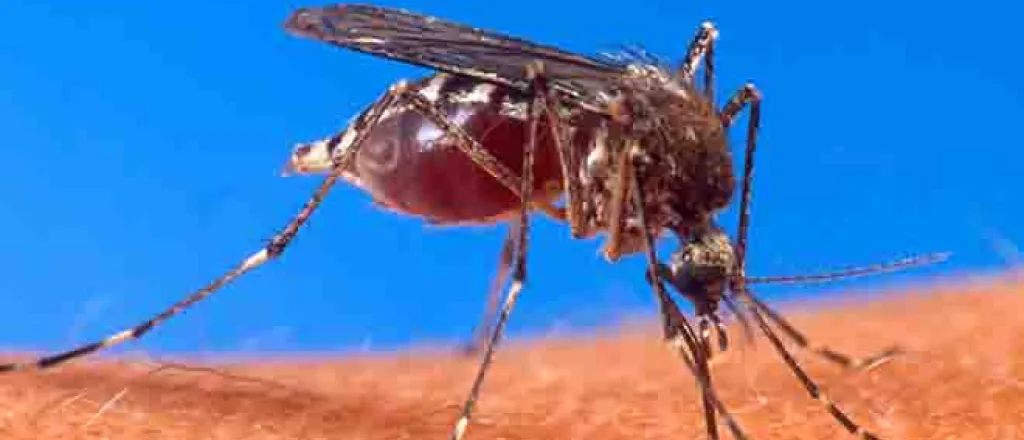
Pinal County, Arizona, sees first positive West Nile virus mosquitos of 2022
(The Center Square) – The Pinal County Public Health Services District (PCPHSD) has detected West Nile Virus (WNV) positive mosquitoes.
The county detected the virus in its seasonal mosquito surveillance this week. It marks the first time in 2022 that the county has encountered a West Nile Virus-positive mosquito.
“It is especially important for everyone to be vigilant in preventing mosquito breeding and mosquito bites now that we have had some significant monsoon rains,” the county said in a news release.
While the infected mosquito is the first for Pinal County in 2022, Maricopa County has reported 20 confirmed or probable mosquitoes that contained WNV.
Many mosquitos do not transmit the West Nile Virus. However, Pinal County Environmental Health’s vector control program staff regularly surveys the county to find viruses in mosquitoes associated with human disease.
The county uses the data to reduce the risk of mosquito-borne diseases to people in Pinal County.
“Last year, we had a significant West Nile Virus season in Pinal County and statewide,” Chris Reimus, who manages the County’s Environmental Health program, said in a release. “This year, things have progressed more slowly, but it is still important to be vigilant to protect our community. Our program focuses on surveillance and source reduction of mosquito breeding areas. If everyone does their share to reduce mosquito breeding in the community, it can go a long way to protect our citizens and their families from disease.”
There were 1,567 known or probable cases of West Nile Virus in Arizona in 2021; it resulted in 99 deaths, according to the Arizona Department of Health Service. That total, driven by a particularly active monsoon season, stands as the highest number to date.
Pinal County offers people the following guidelines to prevent mosquito-borne diseases like West Nile virus:
- If you have a swimming pool, keep it operational. If you must keep it out of use, make sure you remove the standing water, keep it chlorinated, or run the filter daily.
- Eliminate standing water where mosquitoes can lay their eggs. Check for items outside the home that collect water, such as cans, bottles, jars, buckets, old tires, drums and other containers and get rid of them. Change water in flower vases, bird baths, planters, troughs, and animal watering pans at least twice a week.
- Repair leaky pipes and outside faucets, and move air conditioner drain hoses frequently to prevent standing water.
- Take extra care to use insect repellent and protective clothing. Even a short time being outdoors can be long enough to get a mosquito bite. When outdoors, use an EPA-registered and CDC approved insect repellent.
- Keep mosquitoes outside by having well-fitting screens on both windows and doors.

















